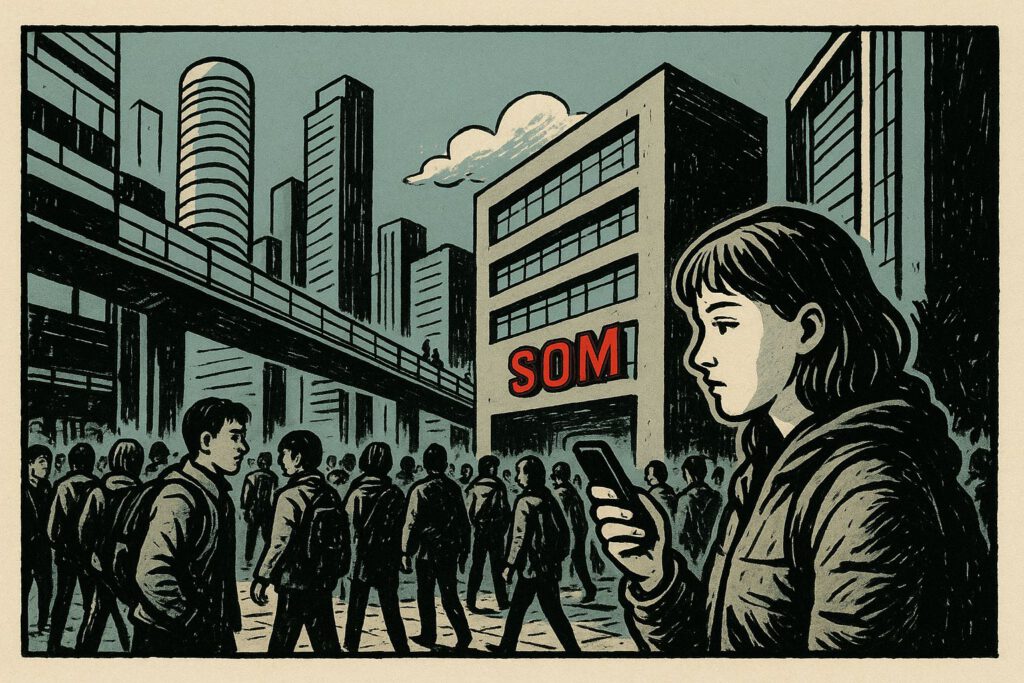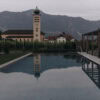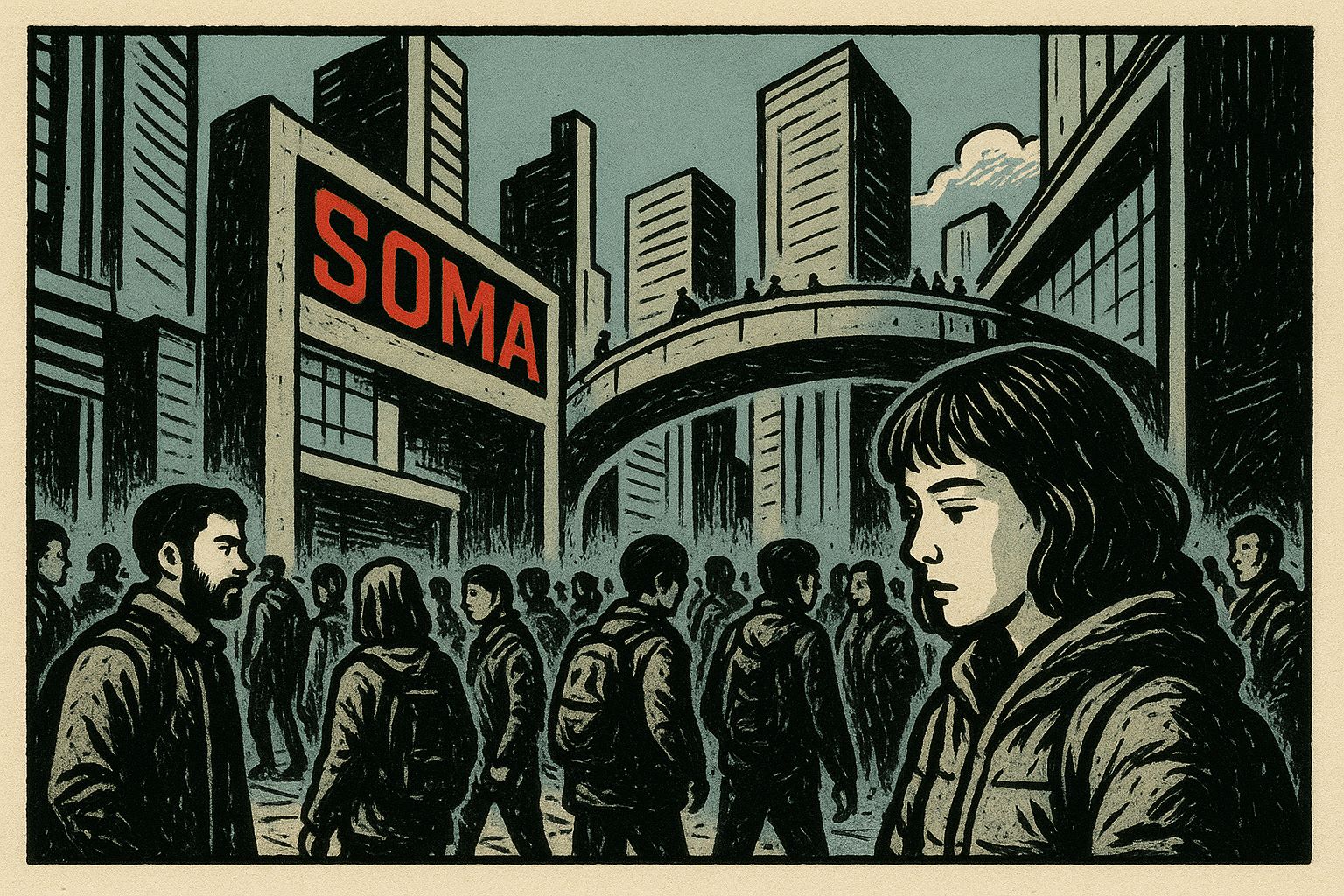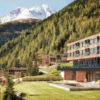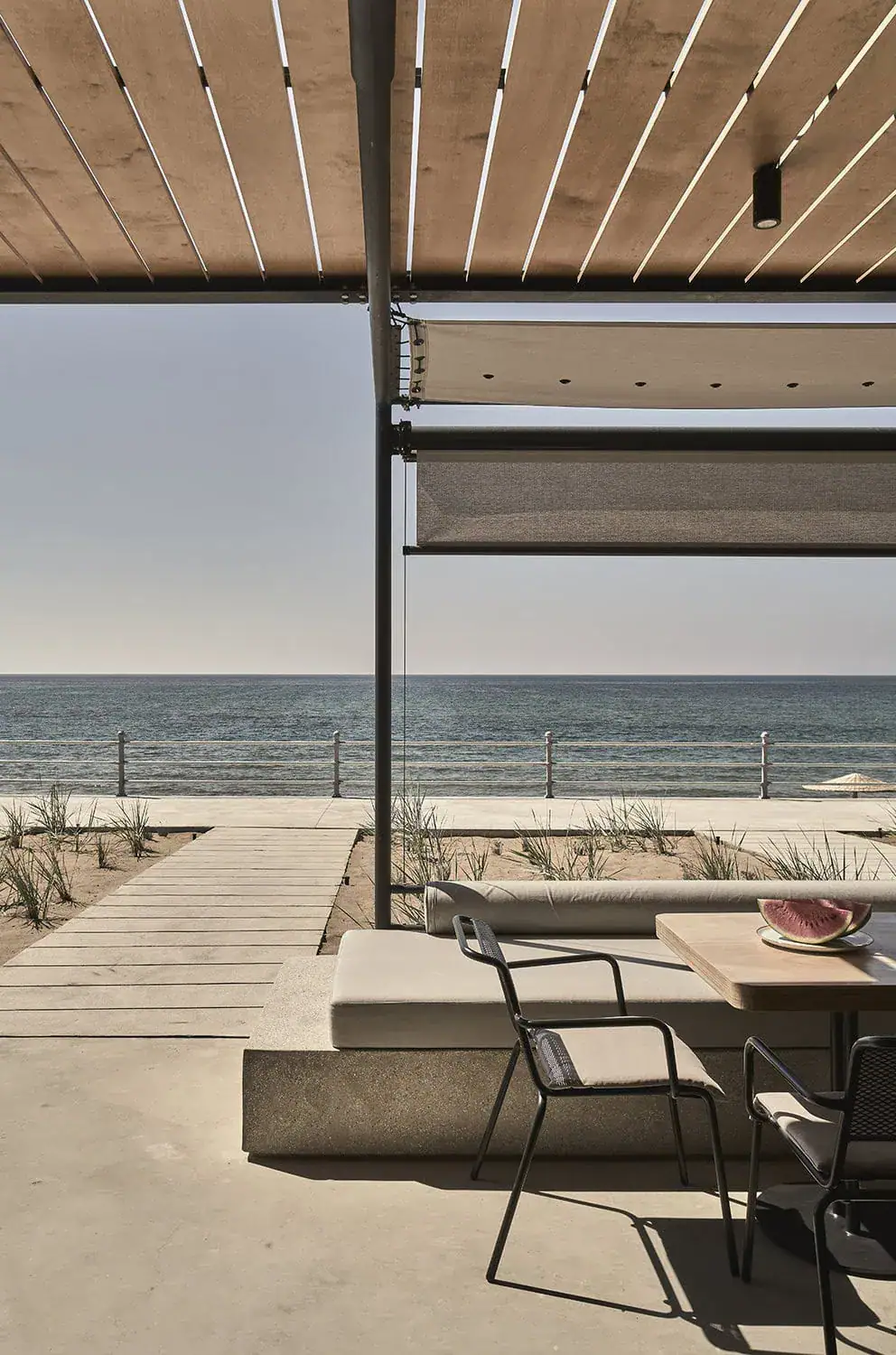A reflection on Aldous Huxley’s vision and the unsettling closeness of our present to his “brave new world.”
Aldous Huxley’s Brave New World is often read as a dystopian warning, but the genius of the novel lies in its ambiguity: what appears at first to be a utopia reveals itself, on closer inspection, as a chilling mirror of our own desires. Written in 1932, in an era marked by industrial upheaval, political unrest, and the promise of technological progress, Huxley’s vision is both prophetic and unsettlingly relevant today.
We, too, find ourselves in a time of transformation. Artificial intelligence, biotechnology, climate crisis, and the endless acceleration of digital life challenge the very foundations of what it means to be human. Huxley imagined a world where stability was purchased at the price of individuality, where pleasure was engineered and dissent anesthetized. His society consumed soma—a drug of forgetting and compliance. Ours consumes distraction, convenience, and the dopamine rush of constant connectivity.
“Technological progress has merely provided us with more efficient means for going backwards,” Huxley once observed.
The paradox is as current as ever: what we celebrate as advancement often conceals a regression in our ability to pause, reflect, and resist. Our comfort is abundant, yet unease persists; our freedoms multiply, yet alienation deepens.
If Huxley were alive today, perhaps he would sketch not only a future where humanity is engineered but one where we willingly surrender our autonomy, seduced by the glow of our screens and the promise of perpetual optimization. His new Brave New World might not be imposed upon us—it might be the one we build for ourselves, believing all the while that we are free.
And so, the real question is not whether Huxley’s dystopia has come true, but whether we still recognize the faint outlines of resistance: the spaces of silence, the power of critical thought, the courage to embrace imperfection. For when utopia becomes reality, the task is no longer to dream of a better world, but to remember what it means to be human.
